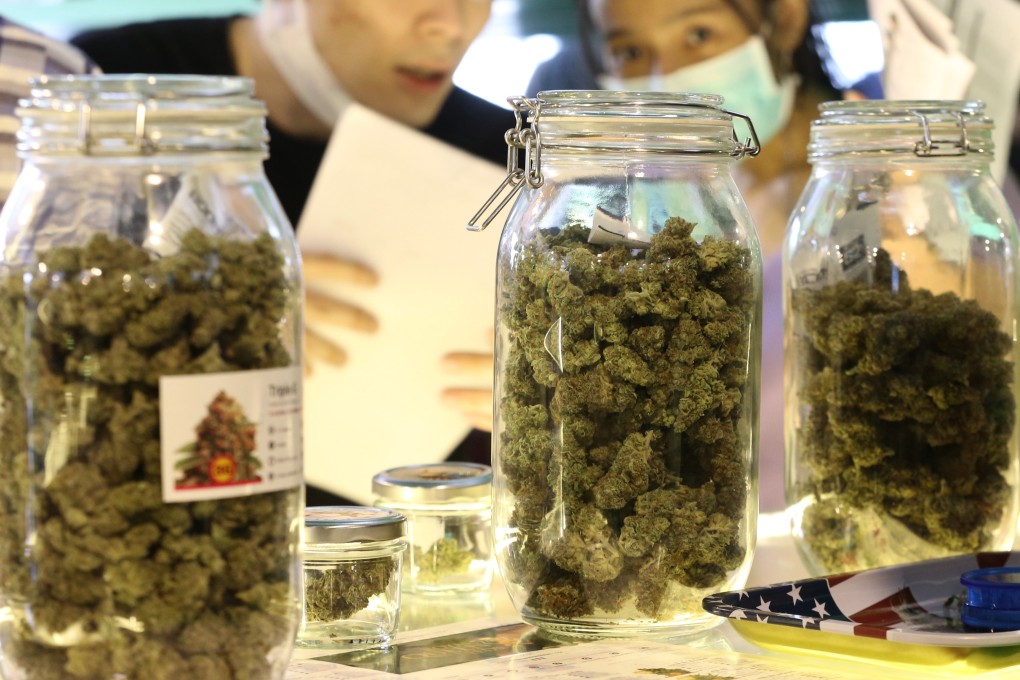Advertisement
Singapore’s Schooling saga of cannabis use abroad raises questions over long arm of anti-drug laws
- Incident puts in sharp focus Singapore’s strict approach to drug use versus more liberal attitudes among some younger citizens and regional neighbours
- But law minister says city state’s policy will not bend to shifting norms ‘in Kuala Lumpur or Bangkok. Nor does it get dictated to by 400 people or ... international newspapers’
Reading Time:6 minutes
Why you can trust SCMP
9

From his holiday on Thailand’s Phuket island, Zach kept half an eye on the Joseph Schooling saga, as Singapore’s once-adored Olympic gold medallist was castigated over cannabis use abroad and the city state’s residents were reminded that the law applied to them even well beyond its borders.
Advertisement
Still, the furore was not enough to stop Zach, who is in his late twenties, from buying six spliffs loaded with newly-decriminalised cannabis from a weed dispensary in Phuket Town – and rolling the dice with the risk of a drug test on his return to Singapore.
Though “smoking up” was not top on his holiday agenda, the accessibility of cannabis in Thailand made the decision an easy one, Zach told This Week in Asia, not using his real name.
“I just happened to walk past a weed store ... They were everywhere and out there in the open, even at night markets,” he said. “So it was like buying myself a coconut drink – I saw it and could get it right there … and so I did.”
Zach’s experience with Thailand’s flowering public cannabis culture captures the tension point between Singapore authorities determined to draw the moral line on drugs – as well as other hot-button issues – and some among a younger generation that is increasingly shrugging off these warnings.
Advertisement
Singapore has some of the world’s harshest drug laws, under which at least seven people have been executed this year. Officials say the strict laws have broad public backing. Rights monitors, including the UN Human Rights body, say capital punishment should be reserved for only the “most serious crimes” and not drug infringements.

Advertisement